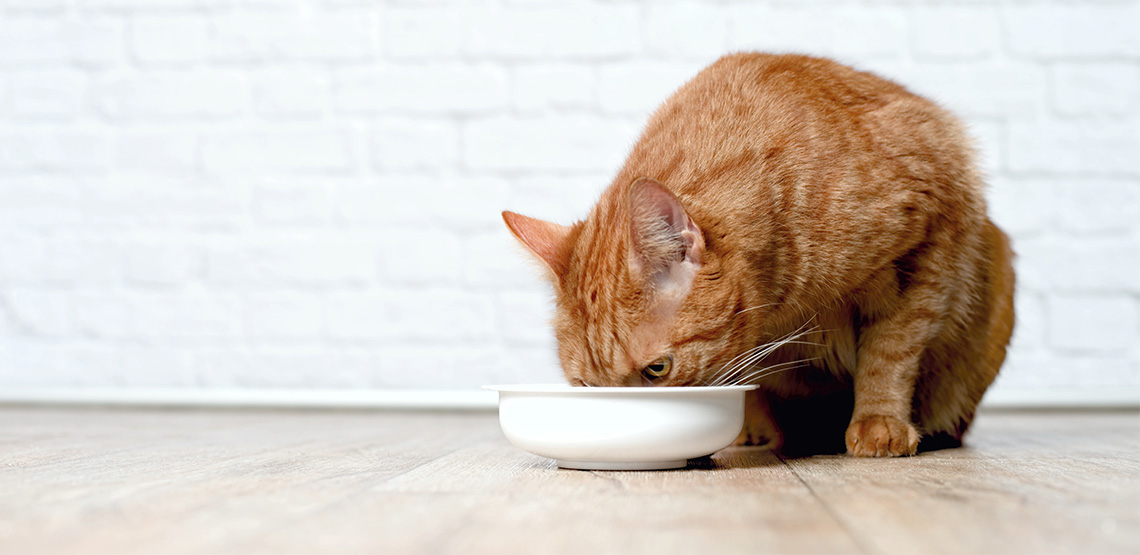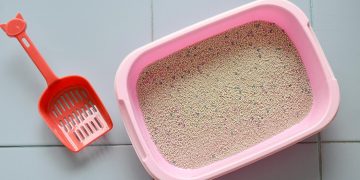Best Hypoallergenic Cat Food
Do cats really have food allergies? What foods may cause reactions in cats? What are the symptoms of feline food allergies? What can cat owners feed to their allergy sensitive pets? These are just a few of the countless queries that concerned cat parents ask online pros and local experts, and some answers may talk about the best hypoallergenic cat food.
We’d like to put the heartfelt concerns of cat lovers everywhere to rest. To that end, this article gives all cat parents the “no-hype” facts about hypoallergenic cat foods.
What Is Hypoallergenic Cat Food?
You’ve probably heard the old saying, “What’s good for the goose is good for the gander.” Unfortunately, that adage does not apply to cats and hypoallergenic cat food. The truth is there is no such thing as a “hypoallergenic” cat food. That is, not in the strictest sense of the term.
Just as one person cannot eat food that contains peanuts while another can, so it is with some cats and cat food. Have you ever heard of hypoallergenic peanut butter cookies? No? We did not think so. The word “hypoallergenic” is simply used as a marketing catchword by pet food companies. On the food package and in ads the word just emphasizes this fact that a particular recipe does not contain a specific ingredient that is known to cause an allergic response in some cats.
Make no mistake about it, there is nothing wrong ― morally or legally ― with that sort of marketing hype. It’s not only okay, but it probably helps a lot of cat parents avoid making their cats profoundly sick. The problem is that, like all allergies across all species, there is no way to know in advance if your cat has allergies to any given ingredient.
Many cat food ingredients may cause a symptomatic allergic reaction in your cat. One of the most common problematic foods is fish, especially salmon. This is unfortunate since fish is an otherwise very healthy food for cats.
Often though the culprit is a non-meat protein like soy, a small grain filler like wheat, or an artificial flavor or color additive. Those ingredients should always be avoided even if your cat has no allergy symptoms. Allergies can happen at any stage in life and may be triggered by long-time gut exposure to antigenic ingredients like wheat or artificial enhancers.
How Do You Know If Your Cat Needs a Special Food?
You'll know your cat needs a specialized cat food if they present specific symptoms:
- Excessive licking, drooling and scratching
- Dry, itchy skin with a dull coat and pronounced hair loss
- Respiratory distress ― coughing, snoring, sneezing, phlegmy rasping
- Dry, runny nose and dull eyes
- Chronic vomiting and/or diarrhea
- Ear infection that is not caused by mites
- Sore, itchy paws
Important to Know
If you simply are not sure and have any doubts, then always consult with your vet before buying any hypoallergenic-labeled cat food. Your cat may just have fleas or mites causing the symptoms. Those issues are easy to identify and treat without buying an expensive new food.
Another possibility is a pollen or applied chemical allergy from grass or trees. You will only be guessing unless you consult your vet, answer all questions and have your cat tested.
Some Hypoallergenic Food Pros
- They do not include specific ingredients known to cause allergic reactions in cats
- They typically consist of highly digestible ingredients, including probiotics
- They do not contain artificial colors or flavors
- They do not contain cheap fillers or meat byproducts ― they are real meat based
- They are nutrient-rich, balanced and promote a healthy gut
- They are available as either wet, canned or dry kibbles
You May Also Like:
Related Search Topics (Ads):
Some Hypoallergenic Food Cons
- They are expensive compared to regular cat foods
- They may exclude only one specific allergenic ingredient, while others may remain
- They may contain grains or vegetables to source certain nutrient parameters
- They may be excessively rich, causing other issues like diarrhea or obesity
Best Hypoallergenic Cat Foods
- "I and love and you" Essentials Grain Free Can Cat Food
- Instinct Limited Ingredient Diet
- Hill's Science Diet Dry Cat Food, Adult, Sensitive Stomach & Skin
- Hills Z/D Low Allergen Cat Food
- Blue Buffalo Basics Limited Ingredient Diet Grain Free Cat Food
- Purina Pro Plan Veterinary Diets Hypoallergenic Dry Food
- Feline Natural Perfect Grain Free, Healthy, Hypoallergenic Limited Ingredients
- Feline Natural Grain Free, Healthy, Hypoallergenic Limited Ingredients
In conclusion, it is important to know the physical signs your cat will exhibit if they have a food allergy. It is particularly important to know what single or multiple ingredients your cat is sensitive to.
Consult with your vet to determine what, if any, ingredients your cat is allergic to. Remember, your cat may have a non-food allergy that is caused by grass or fleas. It’s important to know what foods your cat will react to. The only way of knowing for sure is by your vet’s examination and testing.

